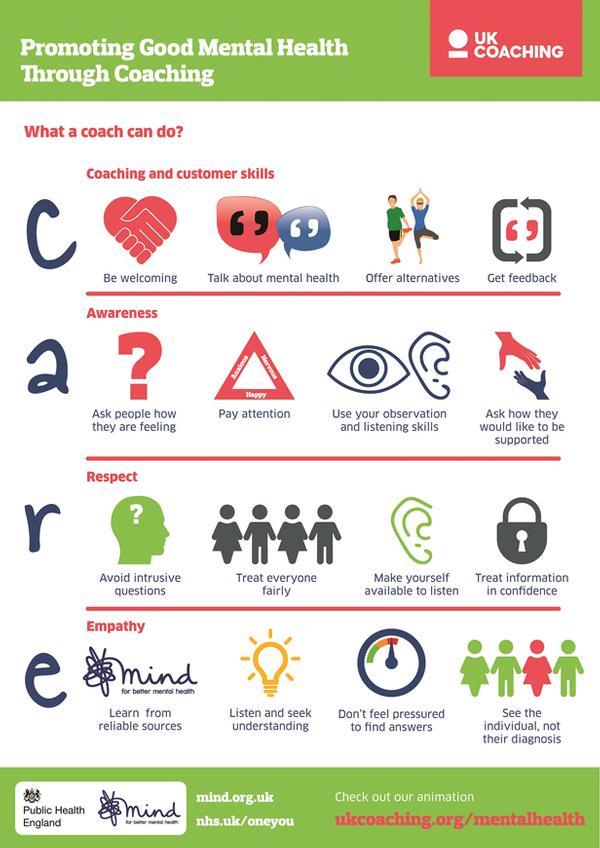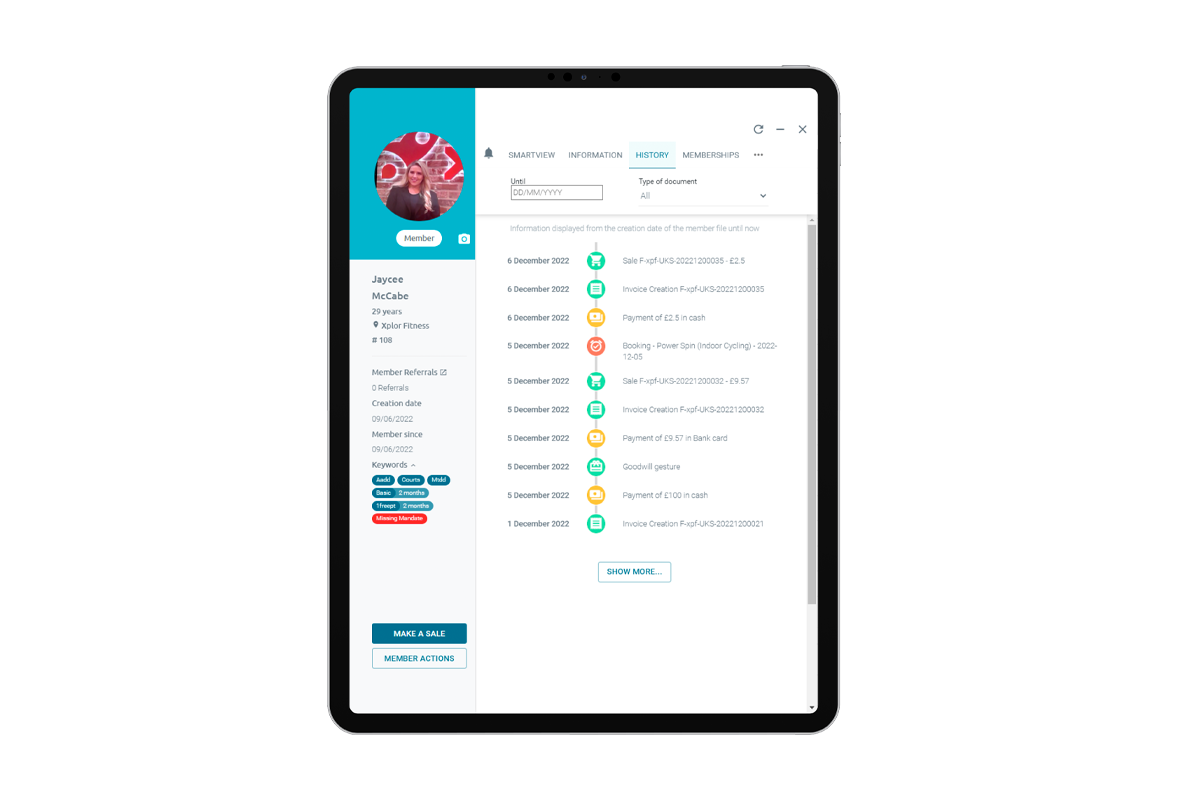People profile: Hayley Jarvis
Head of physical activity, Mind

Tell us about Get Set to Go
Since 2014, Mind has been delivering a programme called Get Set to Go, which is funded by Sport England and the National Lottery. Over the course of its first three years we supported over 3,500 people experiencing mental health problems to become physically active in their local communities through peer support.
We achieved this through offering peer-led and peer supported taster events, one-to-one support and group-based activities for people to try activities in a supportive environment.
We also provided training to sport and physical activity sector providers to give them the confidence to deliver sessions. In addition to this, we raised awareness through delivering campaigns highlighting the benefits of becoming physically active for people experiencing mental health problems.
We have recently scaled this programme to 18 new areas of the country and shared our learnings across the sport, physical activity, health and mental health sectors.
What other work do you do in this area?
Of our network of over 130 independent local Mind charities, many deliver physical activity as part of a wide range of services, from walking groups to yoga, tai chi to table tennis, and we support them to make this part of their core services.
We have also worked with a wide range of partners to encourage people to get physically active, including England Athletics through the successful #RunAndTalk programme and their network of 400 Mental Health Champions.
More recently, we joined with the English Football League (EFL) for a two-year charity partnership called ‘On Your Side’. Together we hope to harness the power of football to raise awareness of mental health, improve the approach to mental health in sport and raise funds to deliver life changing national and local support.
What sorts of outcomes and results have you seen from these programmes?
Phase One of Get Set to Go was incredibly successful in supporting people to become and remain active. We worked with Loughborough University who independently evaluated the programme and found:
• Participants became more physically active on average, with at least one more day of vigorous activity per week. Moderate activity went up by almost two days a week after six months in the programme.
• Even during periods of low mood and low motivation, participants were generally able to maintain gentle to moderate activity (such as walking).
• There was a significant change in participants’ perceptions of their social support. This was as a result of the increased social interaction and connection built through group activities.
• People who reported increased social support also reported better wellbeing and felt a better ability to cope and be resilient.
• Participants felt more ‘autonomous’ in their motivation to be physically active. ‘Autonomous’ motivation means wanting to be active because you enjoy it rather than because you feel pressured into it. This type of motivation is associated with feelings of wellbeing, social support, empowerment and coping skills. Participants who reported feeling this type of motivation also reported better overall health.
• Importantly, participants saw Get Set to Go as an important first step in their recovery process.
How can sports clubs and gyms support members to maintain good mental health?
Just as we all have physical health, we all have mental health too and we should think about them both as being equally important and integral. Sports clubs and gym staff are well placed to support everyone to maintain good mental health. They can do this by:
• Championing the mental health benefits and wider benefits of being active. Focus less on body image and more on how being active makes people feel.
• Build campaigns such as Time to Talk Day and World Mental Health Day into your communications calendar.
• Make it as easy to talk about mental health as it is to talk about physical health – get involved in our champions scheme through the Mental Health Charter for Sport and Recreation. Creating an open environment will support good mental health.
• Get to know your customers and participants and try to understand what motivated them to get active in the first place. Also involve them in shaping new campaigns and programmes.
Just how important is physical activity in preventing depression?
Very! Physical activity is not only effective in supporting and enabling your mental health recovery when you have a mental health problem, it can actually help you to stay well, as it builds your resilience.
One study found that physical activity reduces your risk of depression by up to 30 per cent. It is also recognised as one of the Five Ways to Wellbeing as researched by the New Economics Foundation. Physical activity lifts your mood through the release of endorphins, it helps you to manage stress better by balancing cortisol levels and it helps you to sleep better, which is a core component in protecting your mental health.
What type of exercise has the best effects on depression?
The NICE (National Institute for Clinical Excellence) guidelines state that structured group-based physical activity, three times a week for 30-45 minutes at a moderate intensity, is a primary treatment for mild to moderate depression.
Our own research shows that there is no one-size-fits-all approach and what works for one person may not for another. It’s important that people find ‘their thing’ and build it into their daily routine. Whatever it is, it needs to be enjoyable. While physical activity can be an effective tool for supporting mental health, this is rarely in isolation and many people need a combination of treatments including medication, talking therapy, ecotherapy or ‘green exercise’, creative therapy and mindfulness.
Further information and tailored support for the sport and physical activity sector can be found at:



Team Leader (Harrow School Fitness Club)
Centre Manager (Leisure)
Director of Operations
Fitness Motivator
Recreation Assistant/Lifeguard (NPLQ required)
Membership Manager
Recreation Assistant
Swim Teacher
Swim Teacher
Chief Executive Officer, Mount Batten Centre
Swim Teacher
Swimming Teacher
Swimming Teacher
Company profile

Featured Supplier

Property & Tenders
Company: Knight Frank
Company: Belvoir Castle
Company: AVISON YOUNG
Company: London Borough of Bexley
Company: Forestry England














